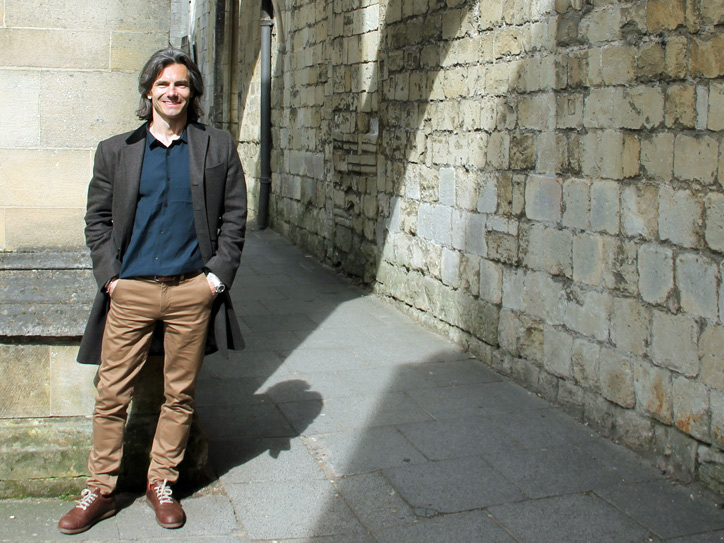
It’s a good hour to travel by car from London Heathrow airport southwest bound to the small town of Winchester. IsoTek’s mastermind Keith Martin uses the time to outline the amazing development of his company. Already in his young days the graduate industrial designer felt a strong passion for high-grade music reproduction. Pretty soon he realised that the concept of the power supply has a tremendous impact on the sound quality of a hi-fi chain. And so in 2000 he founded IsoTek, the first market-ready product followed only one year later in 2001. In the first few years he mainly dealt with causal investigations. What sorts of mains interferences can be observed, and which of these have negative effects on the sound?
The clearer the problem became, the more sophisticated solutions were presented by the maker who at that time was only active in England. There was no need for some lofty marketing to sell the products, their quality got around fast and the worldwide requests for optimised power supplies soon lead to a situation where the production could no longer cope with the demand. At this point in the company history Keith Martin made the most important decision of his young career: he put the company on three feet. Research and development are still carried out in England, the financial management sits in Switzerland, and the production has been outsourced to eastern Slovakia. According to Martin this is the prerequisite that IsoTek can offer today high-class solutions for a clean power supply of manufacturing grade, which won’t break your budget though. For the latter the size of the produced volumen is equally important, and entering the warehouse in Slovakia might take your breath away: where other manufacturers operate with two-digit production batches, IsoTek can refer to five-digit product numbers realised in parts.
However, this has only little to do with megalomania. More than 40 nations buy regularly from IsoTek, with an order volume of at least one pallet, as Keith Martin tells us. On these one can find power cables and power strips as well as the passive or active performance conditioners. Meanwhile the portfolio has grown so much that there are suitable products on offer for any chains and wallets. They all share a common feature: they sell exclusively based on their efficiency. Functionality and quality of workmanship at a reasonable price is the secret behind IsoTek’s success. Moreover, according to Keith Martin, there is not a single music system which falls through the cracks. In theory IsoTek’s mains products can display their positive effects both in front of and in every system.
Editor-in-chief Olaf Sturm was given the opportunity to find out with his own hands just how much know-how is contained already in the Isoplug which sells for 120 euros. Even in this simple interference buster 15 components need to be fitted and then soldered carefully. But no sooner than on the test track, which every product has to pass before packaging, it shows if the work was done correctly. The »Mains Noise Analyser« is used to measure the noise in the power strip. The displayed value »142« is also indicated acoustically. Then the Isoplug is put in parallel into the power strip – and stillness falls, because the interference level has now dropped to a minimum value of »4«. Whether and to what extent your personal chain will profit in terms of sound from such an optimisation, can only be determined by checking it out – something that i-fidelity.net strongly recommends at this point. For not least the current review of the IsoTek EVO3 Genesis One has proven to what a significant extent the sound quality can benefit.

